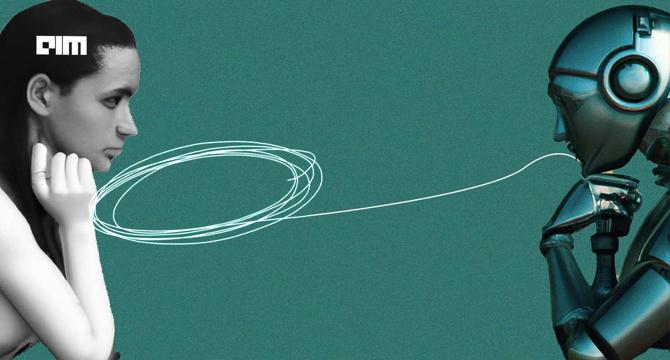Analyticsindiamag
7d
411

Image Credit: Analyticsindiamag
Seeking Therapy from an AI Bot? Think Again
- AI chatbots are being used more frequently for therapy, offering immediate support and companionship.
- While AI can be beneficial, there are concerns about manipulating emotional needs and long-term well-being.
- There is a shortage of mental health professionals globally, leading to the emergence of AI-powered therapy tools.
- Platforms like Woebot and Wysa offer 24/7 availability, anonymity, and accessibility for users.
- Despite benefits like reducing stigma, AI therapy tools lack the human connection and intuitive analysis crucial in therapy.
- AI lacks empathy, understanding, and nonverbal cue recognition that human therapists possess.
- AI's role in mental health may be limited, as it faces challenges in providing genuine therapeutic presence.
- There is a risk of AI misguiding or providing unsafe outcomes without clinician oversight.
- Hybrid models in therapy may involve human therapists utilizing AI tools for monitoring and support.
- The future of AI in therapy will depend on ethical integration into human-centered care.
Read Full Article
24 Likes
For uninterrupted reading, download the app